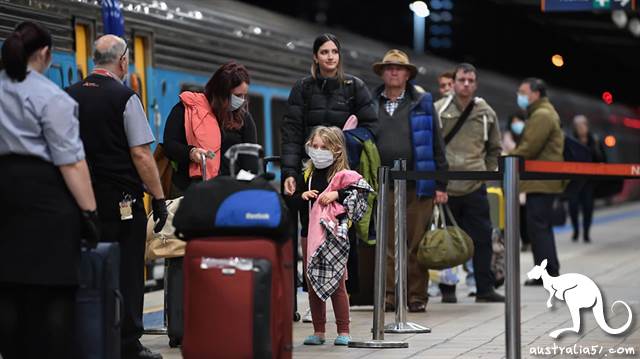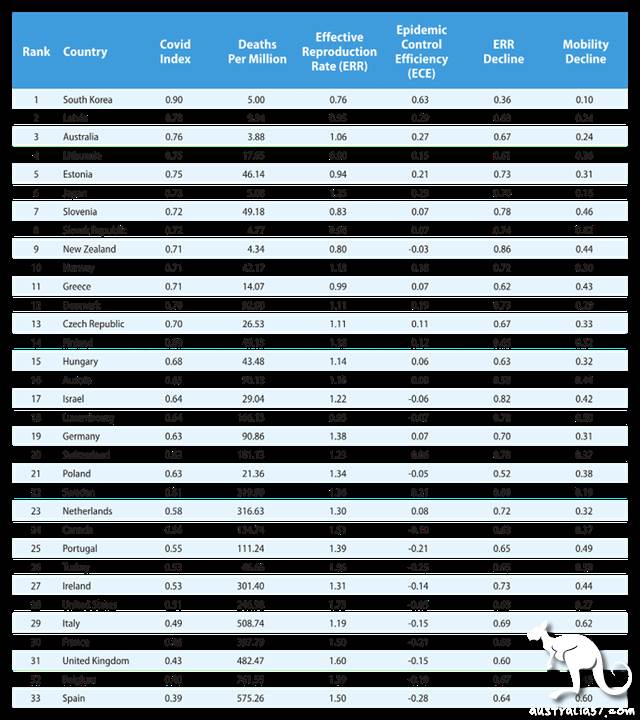
On July 2, a mother and her daughter arrived at the Sydney central station by train from Melbourne, waiting for an examination by the New State Health Office. (SBS pictures)
The 2020= Global Sustainable Development Report (Sustainable Development Report), released in New York this week, shows that Australia is the third most effective economic partner in the 33 member countries of the Organisation for Co-operation and Development.
However, Australia ranked only 37th in overall progress towards the common country's sustainable development goals. are understood to cover a range of challenges economic 、 social and environmental dimensions. Many of these challenges are difficult factors to consider during our recovery from the epidemic.
Australia performed the worst on climate action and environment, scoring well below most other OECD countries.
Comfortably, Australia was ranked in the top three in its response to the new crown, second only to South Korea and Latvia (Latvia) and better than New Zealand in sixth place. The United States, Britain and some other Western European countries are in the bottom row.
South Korea, Latvia and Australia were said to have performed well because they not only kept infection rates and death rates low, but also had lower economic and social shocks than other countries as a result of their anti-epidemic initiatives.
The three countries did not take severe measures of blockade, but achieved their goals by detecting and tracking, advocating community behaviour change, and isolating people arriving from overseas.
According to google's (Google) smartphone data cited in the report, community mobility (including going to stores and going to work) fell by 62% and 60%, respectively, between march and may, when spain and italy were under severe blockades. This shows that the two countries were struggling to contain the epidemic. By contrast, community mobility in Australia fell by less than 25 per cent, and in South Korea by just 10 per cent.
Why does Australian anti-epidemic show bright?

Australia ranks third among OECD countries in terms of anti-epidemic effectiveness (SBS photo)
Although Australia's anti-epidemic situation remains a major challenge, the report says the country has been aggressively responding to the new crown. Federal and state government have followed expert scientific advice since the beginning of the epidemic.
The report states that the establishment of the Interim National Cabinet led to relatively coordinated decision-making between the Federation and the Länder. Australia also has a sound public health system and has a precedent for successful acceptance of behavioural change. The country has demonstrated admirable resilience and innovation, such as aggressive advances in telemedicine.

